 By El Machetero
By El Machetero
“Precisely at the point that you begin to develop a conscience, you must find yourself at war with your society.” –James Baldwin.
“The primary difference between the western and indigenous ways of life is that we relate to and experience a living universe, whereas western people reduce all things, living or not, to objects.” –Vine Deloria
The very concept and idea that I have anything even remotely resembling any sort of right to be on these territories is a relatively new one for me. As the oldest son of political refugees from Chile (a nation with its own definitive set of entrenched colonizer-derived contradictions) whose ancestry can loosely and lazily be described as Basque/indigenous (Mapuche/Selk’nam)/semetic (both Arab and Ashkenazi Jew)/with probably at least a little bit of African splashed in there who comes from a highly politicized background and whose family came here during what can best be described as a highly politically charged era, I grew up perhaps exceptionally conscious and aware of the fact that we had migrated and sought refuge in a parasitical culture and society built on another collection of stolen lands.
During the earlier parts of my life, my own status as an outsider from someplace far away from here served in many different regards to form my identity and view of self, as for a very long time, I felt an overpowering sense of divestment, alienation and disconnection from much of anything having to do with this place.
At the same time, because my family was not able to return to Chile (without running the great risk of ending up dead, incarcerated, and/or tortured, or some combination of all three) for the first 17 years of my life, I have only ever gone back as a visitor just passing through for a while, and as such, I was therefore not able as a child to ever develop the types of associations, attachments and connections essential on many levels to be able to wholeheartedly claim a place as “home”.
I continue to this day to struggle with the contradiction that the one place I feel I can claim at least some level of tangible ancestral connection to was almost every bit as much a distant and remote abstraction to me as well.
In retrospect, I realize now that my Chilean identity was almost entirely formed in the shadow of our whole experience of exile from Pinochet’s military dictatorship, the traumatized wartorn weariness of my family, and the solidarity movement my family and many others just like ours helped to build. Since my parents even during their most frantically pained moments at the very least knew that they didn’t want to raise a rootless and confused child, from the time of my birth, I was taught to be well-versed in our music, our poetry, our food, our social and political history, as well as many aspects of what is commonly referred to as our “folklore” .
I knew about the mountains and the oceans and the dry desert regions of the north and the lush forest regions of the south, and the “great nothing” regions of the ends of the Earth, but since it was not yet a physical/metaphysical world I had yet had the opportunity to interact with in the ways I typically felt I needed to for a connection to feel real to me as a kid, it remained a great abstraction. As such, while it was “easy” (relatively speaking) to connect with different realities of systematized violence and oppression, for a very long time it remained very difficult for me to feel connected to any land anywhere.
As a highly rebellious and non-conforming young person who was often referred to as “maladjusted and malcontent” by the typical authority figures, I found myself from an early age wanting to participate in this system and society as minimally as possible, if I had to at all. I viewed the whole entire concept and construct of the Canadian state and society as an inherently oppressive experiment destined to self-destruct and take us all with it. I also viewed the very idea of willfully participating in this system, affirming its rituals, consuming its products, legitimizing its narratives and believing in its fables to be an exercise in aiding and abetting an ongoing criminal process of occupation and colonization, which I had determined from a very young age that I wanted no part in.
As somebody who never had much interest in the acquisition and accumulation of material things, or in the seeking of comforts I never had in the first place, the only remaining incentives for participation I could see from that point onward all seemed to involve either the threat or the promise of violence and coercion and the exertion of militaristic might, which in turn only served to further confirm and affirm my deep sense of hostility and alienation.
In all sincerity, I must admit that my general overall analysis of the situation has not really changed all that drastically. I often feel that as a younger person, I had a great sense of clarity regarding my context and how it operates. However, what I lacked profusely was insight of the sort that only experience can bring, and a coherent sense of responsibility concerning my own role in all of this, whether positive or negative.
As an extremely urbanized person who has only ever lived in cities, my opportunities to develop any meaningful relationship of substance to this land have often felt minimal and superficial. To this day, I admit to still knowing very little about this land or about how to have a loving, respectful and truly reciprocal relationship with it. I am only learning now about local indigenous foods, or about anything to do with living and surviving outside of this stratified, industrialized and compartmentalized environment which is predicated almost entirely on the premise of disconnection from even the most basic and fundamental of elements keeping us alive.
As a person who by all definitions is non-native to these territories, I consider myself to be quite fortunate that I have always had the privilege of at least being able to know First Nations people as people first, and as “issues” last. The fact that I have always been blessed to know and be closely acquainted with communities and individuals who struggle with all of the things that come along with being aboriginal in this society, at the same time as they themselves are engaged in their own processes of decolonization, the actively seeking and finding of ways to live by the right teachings, and working to establish some level of balance and harmony in their own lives and communities has at the very least provided me with a window into some ways of seeing and being which are considerably different from the ones we are usually taught about in schools, or encouraged to be a part of by the popular media and contemporary status quo.
This effectively served to disallow me the luxury of viewing, thinking of, or discussing certain realities as distant, remote, intellectual abstractions that I could easily disregard and walk away from. I have had my own experiences with things like poverty, police brutality, wrongful incarceration, Eurocentric mis- and dis-education about myself and where I come from, as well as with some deeper things, like the destruction of family, displacement from the lands I come from, and isolation from my own people and culture, all realities which are common symptoms of being from an oppressed community.
But witnessing with my own eyes, in the most up close and personal of ways how these are systemic realities experienced by aboriginal peoples because they are aboriginal peoples, who are still alive and breathing and thus effectively serving as living breathing reminders of the criminal means and methods by which this society has been constructed, and as impediments to the colonization process being complete just by virtue of still being here and still being alive, belied any abilities to engage those dominant narratives which so often go out of their way to dismiss certain ongoing realities as tragic extreme figments of some unfortunate past, or at best as some horrible things which may occur, but only somewhere far, distant, and out of sight and out of mind to most so-called “Canadians.”
I was taught from a young age by my mother, father and grandmother to understand, as Harold Johnson puts it, “…that there are spiritual aspects to the sun, the grass and the river (water), and if promises are made which invoke these spirits, then the maker of the promise and all of his descendants are bound by that promise.” (1) I learned that spirit is a real thing not to be disrespected or played with, and that the consequences of doing so are very real, and that those spiritual forces will indeed “interfere to ensure that a promise is kept…. the promises never become null and void; the consequences just keep getting greater and greater.” (1)
There have been many moments in my life where I have felt great despair, uncertainty, confusion, frustration, rage and sadness about being here in the middle of these conundrums, lacking severely in clarity on how and where best to locate myself, so that I am at the very least not as active or willful a part of the problem.
For many years, I immersed myself in militant street activism, thinking that throwing myself into the middle of violent confrontations with police and right-wing reactionaries would serve to somehow shift the equation. I tried to leave Toronto and tried to leave Canada many times, but always I would end up back here. I also tried in vain to lose myself in the oblivion of substance abuse and reckless dangerous living, but rapidly found that I severely lacked the particular form of strength and commitment required to be sufficiently immersed in those lifestyles, nor did I care to invest more time in cultivating it than I had already.
Being where I am at this present moment in my life, I have come to accept that the only way to effectively deal with these contradictions is to engage them directly and as honestly and fearlessly as possible. What is often lacking in most attempts at dialogue concerning these realities is clarity about what the real issues are among those who have come to enjoy the luxury of oblivion, in addition to an unwillingness on the part of many settlers (of any ancestral background) to actually listen to anything but the jarring noises that their fear, defensiveness, denial, prejudices and argumentativeness makes inside their heads .
There seems to be a great fear of being individually indicted as accomplices in a wicked predatory system that most have perhaps not chosen to be born into, but which too many remain extremely reluctant to cease to participate or believe in. There is also a very common and pervasive apprehension towards admitting ignorance or accepting responsibility, which too often ends up derailing what could otherwise be some highly fruitful, enlightening and necessary conversations, and this unwillingness to have a difficult but necessary dialogue ends up becoming an inability.
In turn, this unwillingness turned inability then contributes to the cold, aggravated, overbearing, dysfunctional and crazymaking hostile silence between peoples and communities, and seldom does anyone end up putting in any of the work actually needed to let go of the invisible backpacks of privilege which too many refuse to acknowledge carrying around with them in the first place, much less towards developing a more harmonious and horizontal relationship with the land.
I recall the very first piece of writing I ever encountered which made some attempt to articulate in politically cohesive terms what a decolonized society in this part of the world would look like. I was 19 years old when I read it, and it appeared in Ward Churchill’s essay “I Am Indigenist: Notes on the Ideology of the Fourth World.” In a section titled “Sharing the Land”, he elaborated:
“The intent here is not, no matter how much it may be deserved in an abstract sense, to visit some sort of retribution, real or symbolic, upon the colonizing or former colonizing powers. It is to arrive at new sets of relationships between peoples which effectively put an end to the era of international domination. The need is to gradually replace the existing world order with one which is predicated on collaboration and cooperation between nations. The only way to ever accomplish that is to physically disassemble the gigantic state structures which are literally predicated in systematic intergroup domination….(and) a redefinition of the word ’nation’ itself to conform to itself original meaning: bodies of people bound together by their bioregional and other natural cultural affinities.
It is defined, not by political or racial considerations, but by the carrying capacity of the land. The population of indigenous nations everywhere has always been determined by the number of people who could be sustained in a given environment or bioregion without overpowering and thereby destroying that environment.” (3)
For those of us settlers who may have our own oppressions to survive, engage and heal from in this place and time, as we struggle to locate ourselves in what has over time become an alien environment for most of us, there are the dilemmas which come along with being complicit in these crimes, even if we do not tend to always be among the main beneficiaries. Complicity, as a concept, “hasn’t been circulated in the same way as privilege. Nor are there many handy pedagogical tools or checklists for thinking about complicity. Complicity is a messy, complicated and entangled concept to think about; it is not as easy to grasp and, because of this, it requires a much deeper investment on our part. This would demand, for example, that we think about settlerhood not as an object that we possess, but as a field of operations into which we become socially positioned and implicated.” (2)
As Beenash Jafri notes in his essay “Privilege VS. Complicity: People Of Colour and Settler Colonialism”, not much often changes with the acknowledgement of privilege; the beholder(s) may perhaps become a little more mindful of taking up things like space, leadership, or about some of the ways in which they interact with those who perhaps may not share said privilege, but in actual practice, very little changes in the form of how a person lives their life, and even less changes in the ways of systemic inequities, or in how this land is related to.
Given these limitations of what is referred to in equity-based academic jargon as the “privilege model”, there are some more possibilities that emerge in engaging complicity as a conceptual reality.
“Thinking in terms of complicity suggests a reformulation of strategies/tactics, rather than the moral reformation of an individual with privilege. To think in terms of complicity shifts attention away from the self and onto strategies and relations that reproduce social and institutional hierarchies.
The issue then is not about individual absolution of responsibility, guilt, and culpability (‘checking’ privilege) but, rather, one of reexamining strategies through which we give ourselves that responsibility and become accountable in the first place…..this might open up spaces for thinking about tangible ways that colonial relationships are supported, reproduced and reinforced, rather than how we carry the burden of colonialism on our backs.” (2)
In many respects, understanding the state of this constructed world along the lines of the things one willfully chooses to participate in and allows one’s self to be a complicit party in the face of has always made more sense to me, and has always provided much more of a potentially transformative model to work with, defined more by deeds and initiatives than by words or by platitudes.
Approaching things from this framework has always felt much more action-oriented, with more allowance for agency and conscious decision-making, as opposed to being passively relegated to a closed and pre-determined binary which inherently situates one person or one group of people in a perpetual state of victimhood, hopelessly condemned to be forever oppressed and dominated, as the other perpetually plays the role of privileged parasitical settler, either oblivious to the atrocities committed daily in one’s name, actively and willfully participating in and celebrating such atrocities, or at best feeling guilty while repeating a fallacious self-pitying narrative of powerlessness while doing the same things every day.
It also focuses much less on individuals, and much more on this system and its accompanying parasitical lifestyles, understanding that this is an arrangement which is violent, genocidal and ecocidal (since it increasingly involves the actual destruction of the land itself) and which makes accomplices of us all. What matters more than where such a system would choose to locate us for its own ends is what we choose to do together with one another, the strength and quality of the relationships and communities we build, and our knowledge of the context in which we live and our foresight towards the consequences which emerge from the choices we make within it.
This is the principle of what Andrea Smith refers to as taking power through making power. (3) It has been well established at this point that it is an entrenched characteristic of this particular system that it does not play well with others; it is predicated on domination and control and does not allow for any alternatives to it to exist and flourish; therefore, our ultimate goal must be its dismantling.
Yet at the same time, where we have not yet built alternatives, it is best for those to be our focus, rather than simply being oppositional.
“In terms of the “making power” approach, we have been working with the idea that “another politics is possible.” This means rethinking how we have naturalized hierarchies in our own movements and created a kind of elite structure, whether it’s the “revolutionary vanguard elite” or the non-profit–industrial complex middle managers who are prepared to tell everybody how to end global oppression. This also means rethinking and organizing in terms of a more horizontal approach.
Thinking outside of the world we now live in requires a critique of current systems of governance which are based on a nation-state model and the belief that the state can rule by means of power, violence, and domination. Here is where I think Indigenous people have a critical role to play – as they have in Latin America especially – in questioning the assumption that nationhood equals the nation-state. We can understand nationhood not as a kind of ethnic cleansing model – “we’re in, you’re out, screw the rest of the world” – but rather as a radical relationality to land, in which land is no longer a commodity held by one group of people but something we must all care for.” (3)
NOTES:
1. Harold Johnson, Two Families: Treaties and Government. “The Adoption Of Your Family By My Family.” Pg. 29. (Saskatchewan, Purich Publishing Ltd., 2007.)
2. Beenash Jafri, Privilege VS. Complicity: People Of Colour and Settler Colonialism.
3. Churchill, Ward. Struggle For The Land: Indigenous Resistance to Genocide, Ecocide and Expropriation in North America. “I Am Indigenist: Notes on the Ideology of the Fourth World.” Pp. 432-433. (Toronto, Between the Lines Press, 1992)


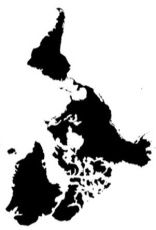

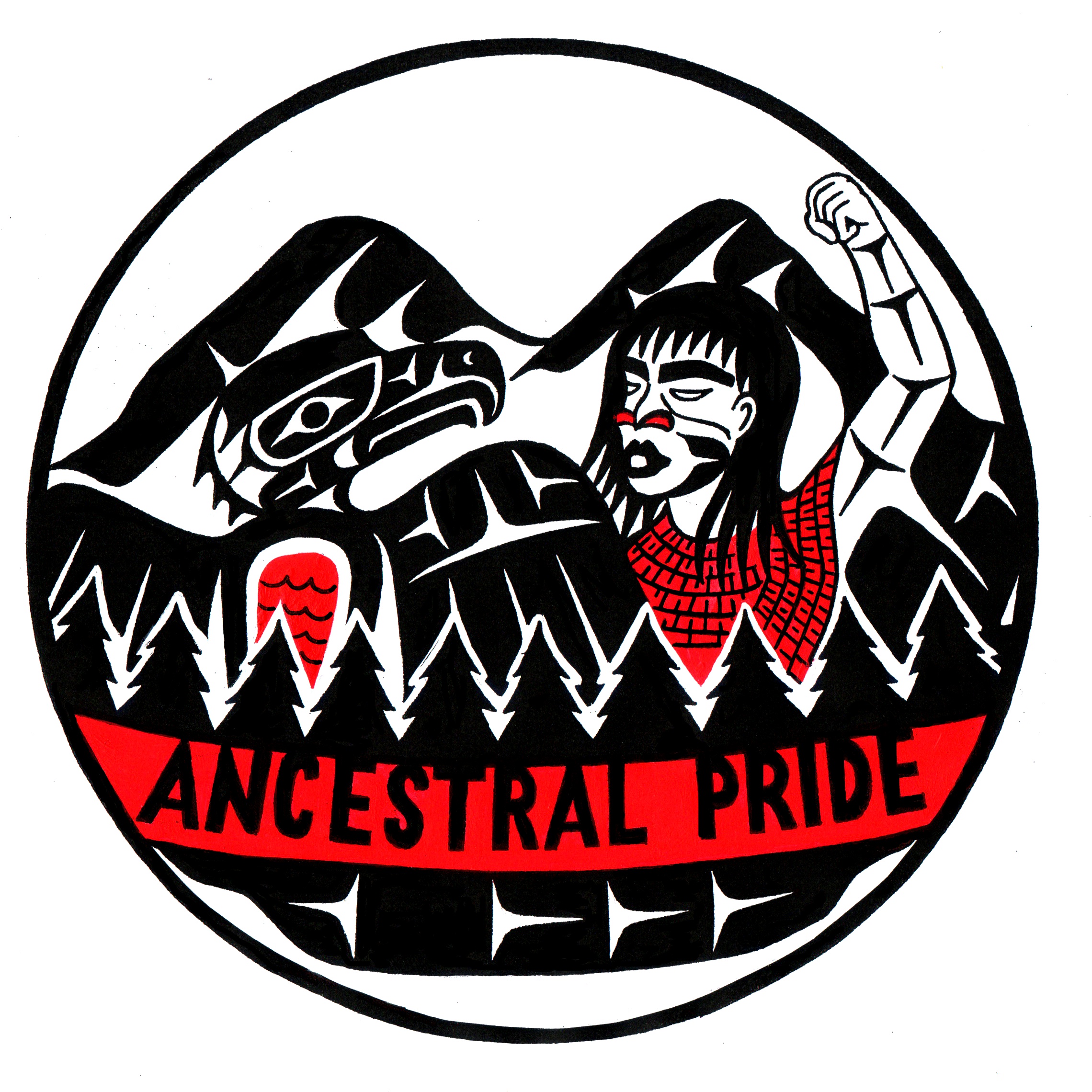

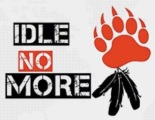



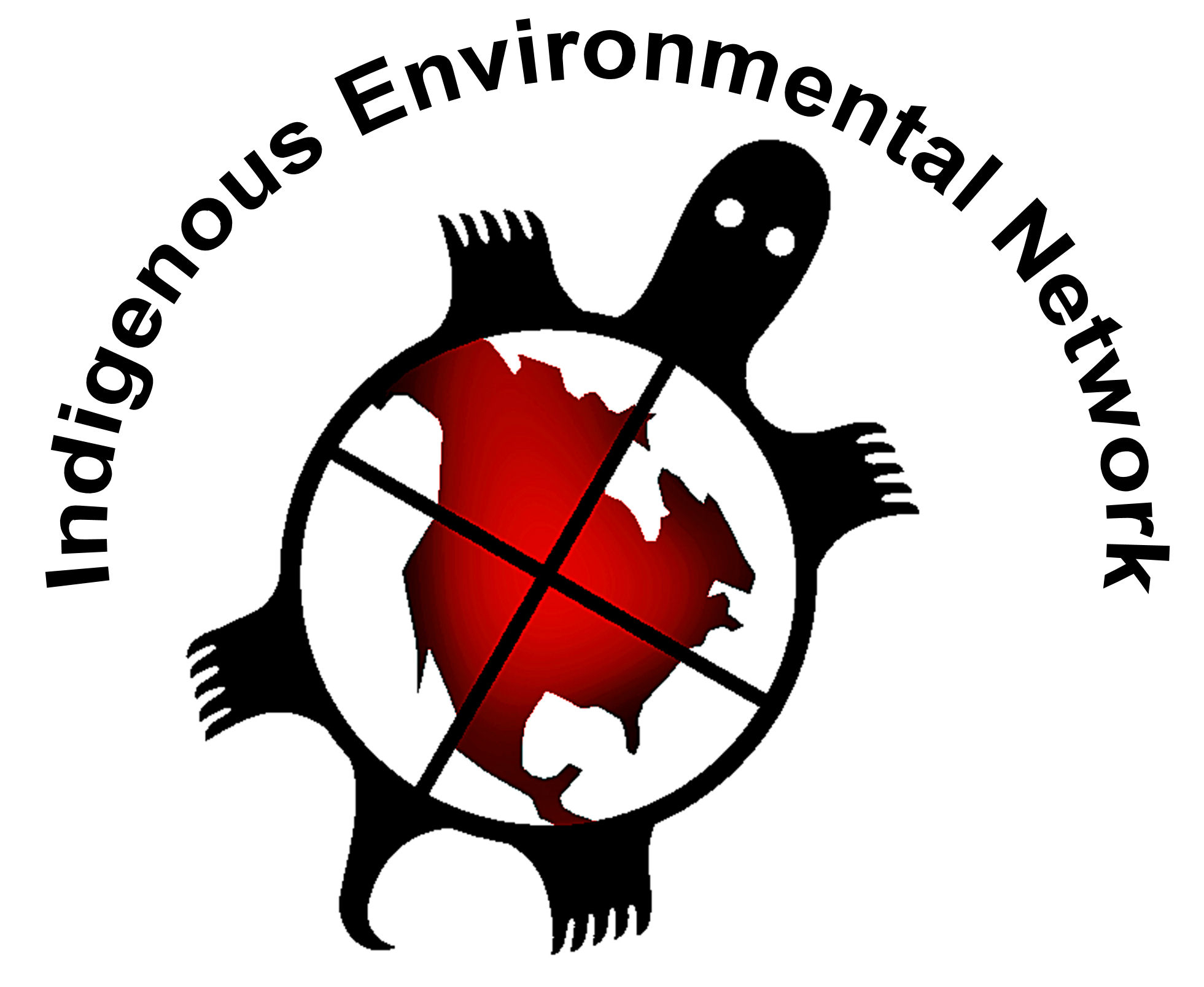


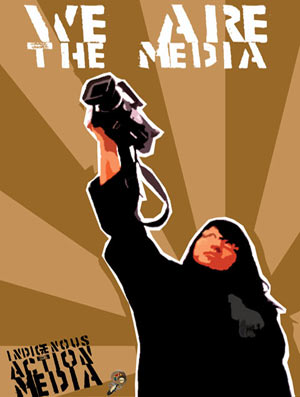





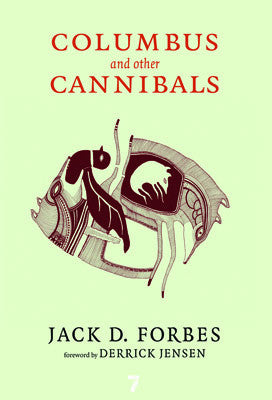
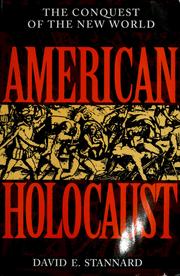






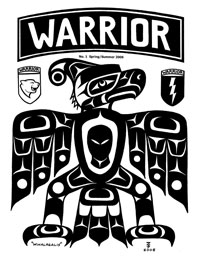


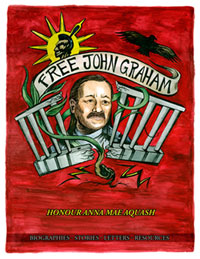



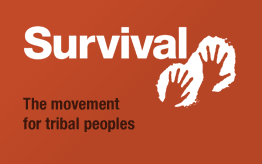


Excellent piece of writing!
Reblogged this on Amatlakwiloa and commented:
Excellent piece of writing regarding settler-colonialism as it relates to immigration, privilege, and complicity.
Reblogged this on Mexika Resistance.
Reblogged this on blackchalkprojectblog.
I stumbled across your blog and am very impressed. I will be reading many things in the upcoming days.
Que bella introspección y análisis crítico desde tu propia experiencia y el lanzamiento del grito de la propia con-sciencia!!!! Felicitaciones hermano Machetero!!! way to go!!!
Pingback: From the Indian Problem to the Settler Problem: reactionaries, multiculturalists and decolonization. | settler agrarian
Muy potente sobrino Machetero. Bella y filudamente escrito. Me llegó muy adentro. Te felicito.
Para releer.